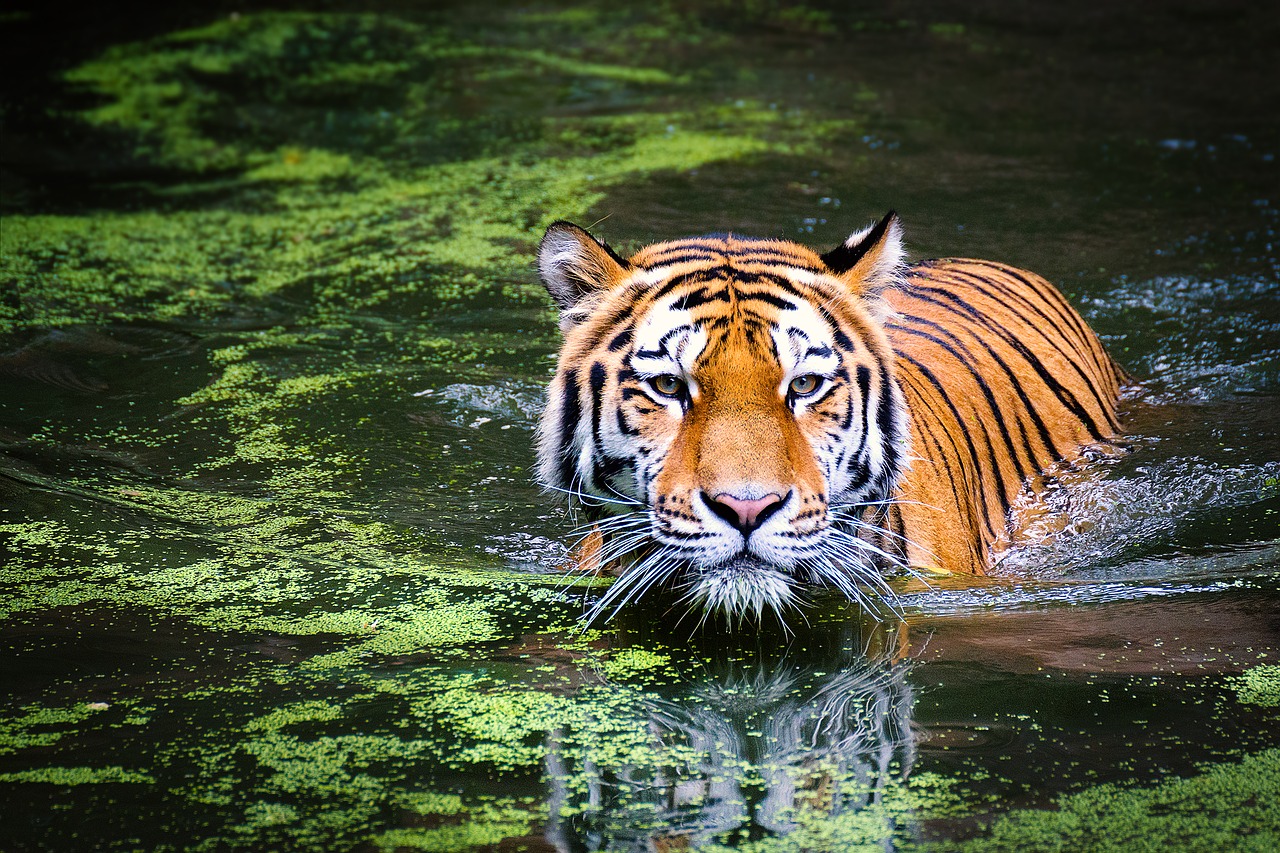
Up to a million animal and plant species are threatening to disappear from Earth in the coming decades. This is the conclusion of a UN report. The devastating „mass extinction“ is already in progress.
A United Nations (UN) report on the state of biodiversity comes to a disastrous conclusion: between 500,000 and 1,000,000 animal and plant species are therefore threatened with extinction. Many of them threatened to „disappear in the coming decades“, according to the provisional version, which was exclusive to AFP. She has drafted the Intergovernmental Platform on Biodiversity and Ecosystem Services (IPBES), which intends to present the text at a conference in Paris next week.
Main cause: Destruction and climate change
150 experts from 50 countries worked on the report for three years. He should be a decision-making aid for politicians. According to the experts, the mass extinction of the species is already under way: the speed is ten to a hundred times higher than the average of the past ten million years. In the past 500 million years, there were only five times a „mass extinction“, as it happens from the perspective of many researchers currently.
The experts see the report as a cause, in particular the influence of humans: agriculture, deforestation and mining, fishing and hunting are contributing, as well as climate change and environmental destruction. „We must acknowledge that climate change and the destruction of nature are balanced,“ said IPBES Chairman Robert Watson.
Half of all ecosystems badly damaged
These two factors would also influence development and economic issues such as food production and energy production. For agricultural subsidies on the one hand led to inefficiency and on the other hand to excessive consumption, which leached the resources.
About half of all ecosystems on land and in the water have therefore already been seriously affected by human intervention.



